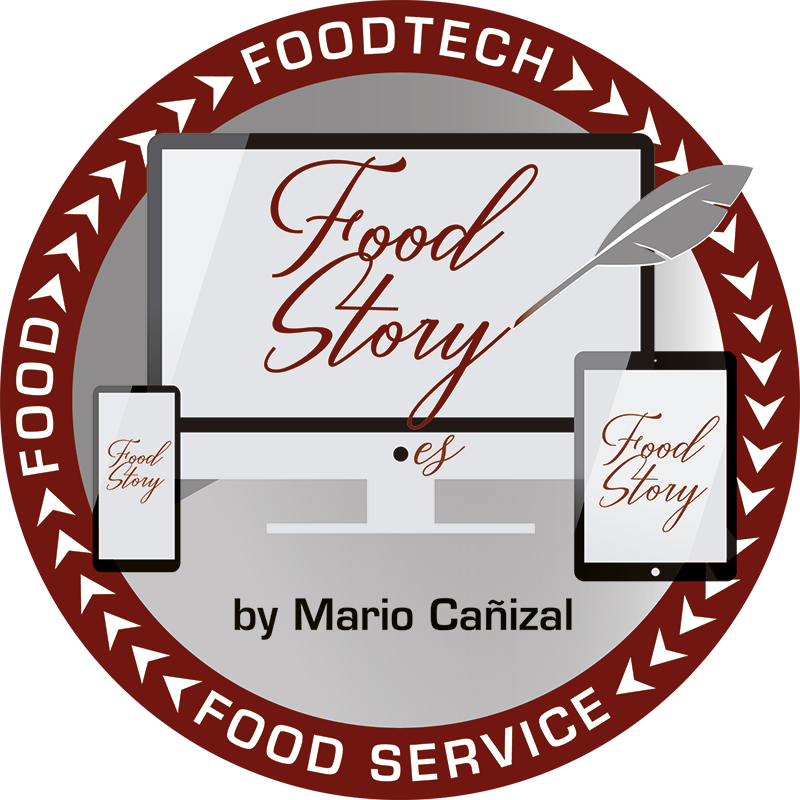Influencers, in the regulator's sights
In our digital society, it has been a long time since influencer, have been incorporated into tasks that, although their competencies are not yet well defined, represent a fundamental link in the value chain of digital marketing and therefore in social networks.
There is influencer for everything and gastronomy was one of the pioneering sectors, in which they appeared in a notable way. Some have even opened restaurants and are occupying positions in the rankings of clientele preferences, who would already like accomplished chefs or managers of branded restaurants for themselves.
Currently, there are public and private institutions that fear that their hegemonic position in making consumer decisions will cause many irregularities: For example, the well-known activity in recommendations of some products in the HFSS basket (High in Fat, Salt and Sugar) ; in particular, aimed at a population as sensitive as children or youth (generation Z) or the use in social networks of P2P (peer to peer) models, from colleague to colleague, interpretable as digital “word of mouth”.
Institutions that demand regulation, given the absence of it; since at the EU level, only some measures can be found that cover this professional activity, in directives such as 2018/1808, on audiovisual communication services or DPCD, 2005/29, on unfair commercial practices.
Among these bodies would be, from the Tony Blair Institute, which calls for changes in the food environment so that healthy eating has more accessible and affordable options, to consumer protection organizations such as those of Ireland (CCPC), the United Kingdom (ASA) or France ( DGCCCRF) and of course, the one that represents them in Brussels: the BEUC (Bureau Européen des Unions de Consommateurs: 45 organizations from 31 countries); which has just published an interesting and revealing report entitled “From Influence to Responsibility”, where, in 107 intense pages, it focuses on the need to regulate the activity of influencers in digital marketing, focused on vulnerable sectors. The document places special emphasis on restricting its presence in the children's target and in the HFSS product segment.
This proposal, that of limiting the activity of influencer, has already reached the French legislature for other sectors, other than HFSS products. For this reason, the BEUC insists on the importance of its initiative being incorporated as an annex to the DPCD.
None of what has been reported is foreign to the Spanish consumer products market. Last year, from March to October, the Ministry of Consumer Affairs announced that it was ready to send to the Council of Ministers the draft Royal Decree on the regulation of food and beverage advertising, aimed at children (a document of about 80 pages). , where in Chapter II of Specific Provisions, article 11 item 2, the prohibition of the presence of influencers– in its loosest sense – in messages directed to said target).
Something happened with this file, within the Government of Spain, in the final part of the year 2022; since the document went into the limbo of legal provisions and did not even appear in the Government's Annual Regulatory Plan for 2023. It is said that perhaps the reason was the saber rattling produced among the staff of the Ministries of Agriculture and Consumer Affairs. , which could be summarized as whether, or not, rules over discretion (read self-regulation) should prevail.
Whether in Madrid or Brussels, the truth is that there are countdown to regulate that activities linked to digital marketing, platforms, brands and products influencers, whether with unhealthy products or aimed at vulnerable targets; These are topics that already appear in the well-documented dossiers of the policy makers from here or there.
Now that modern restoration has been digitized to a high degree, such that its marketing intensively uses social networks, it would be advisable to take into account documents such as those mentioned, and if possible, take a look at them. Your readers and analysts will not regret it.

